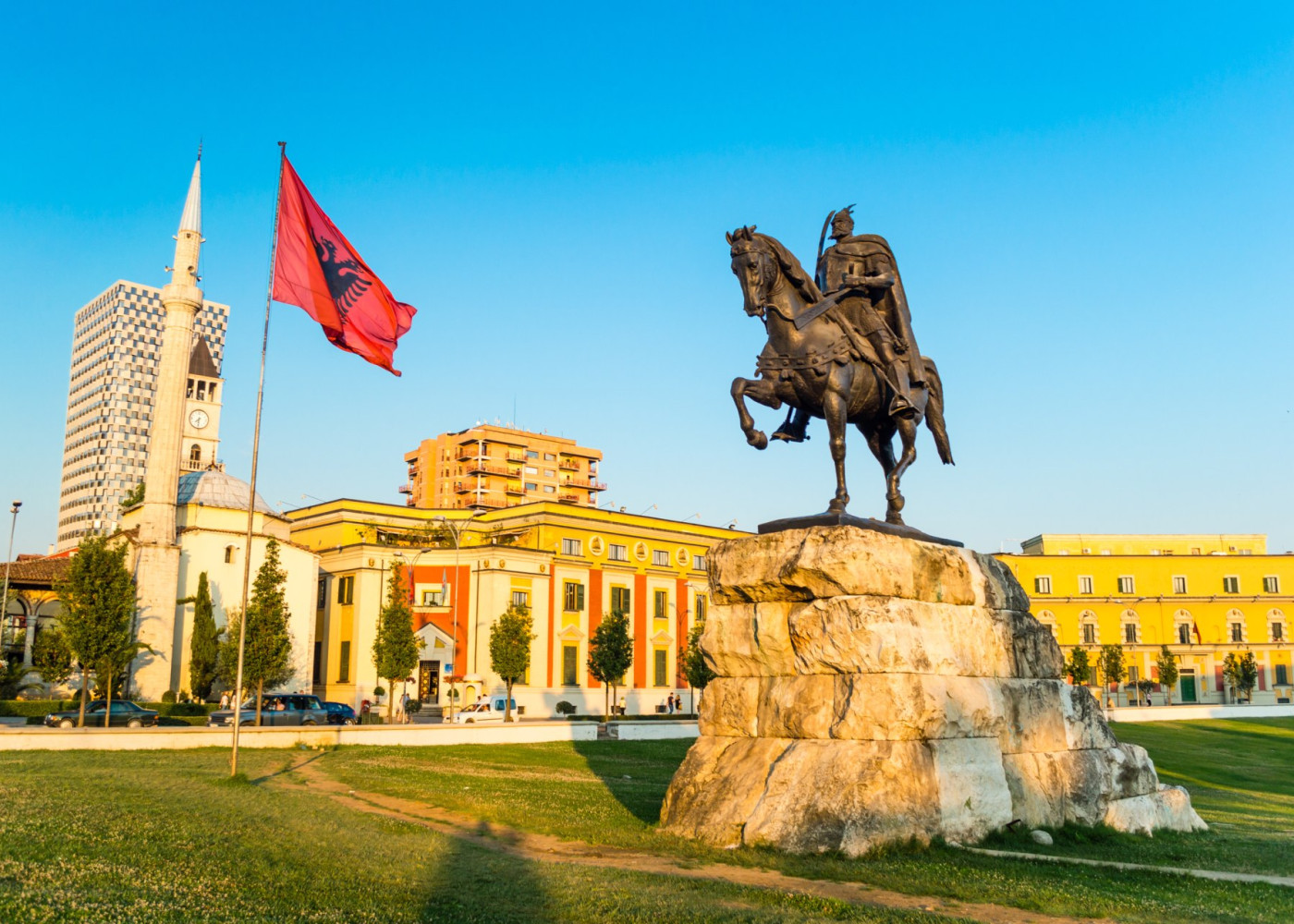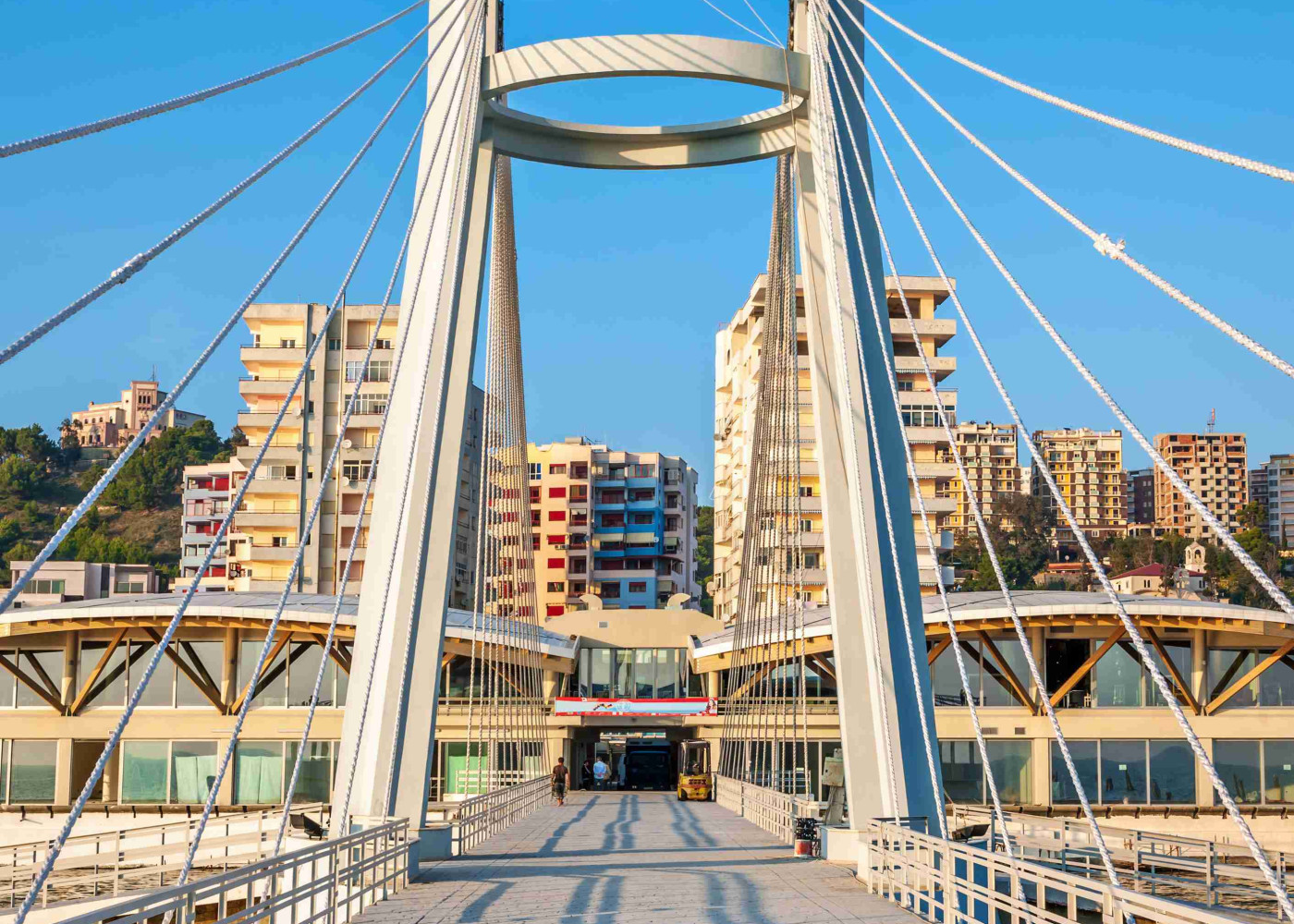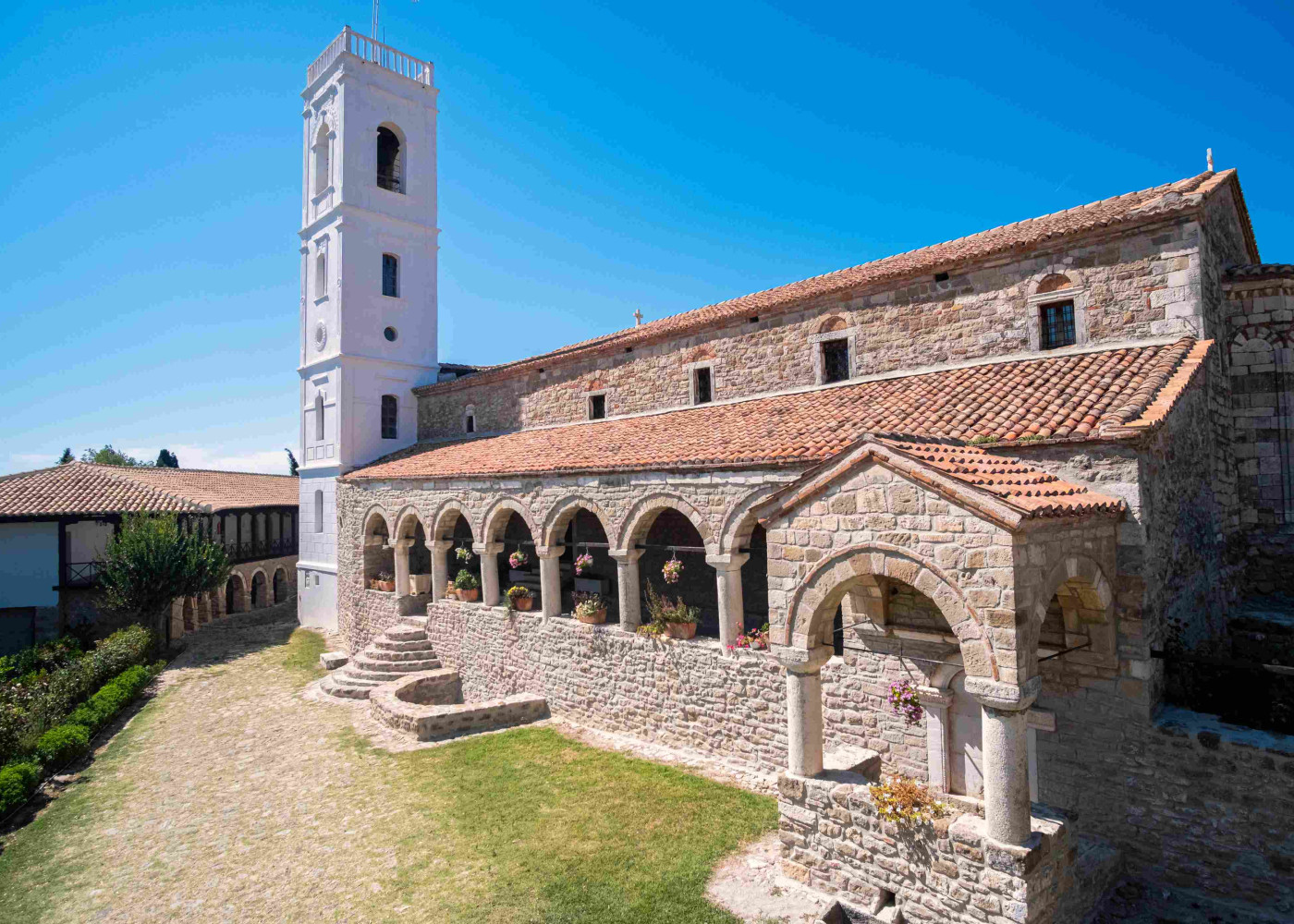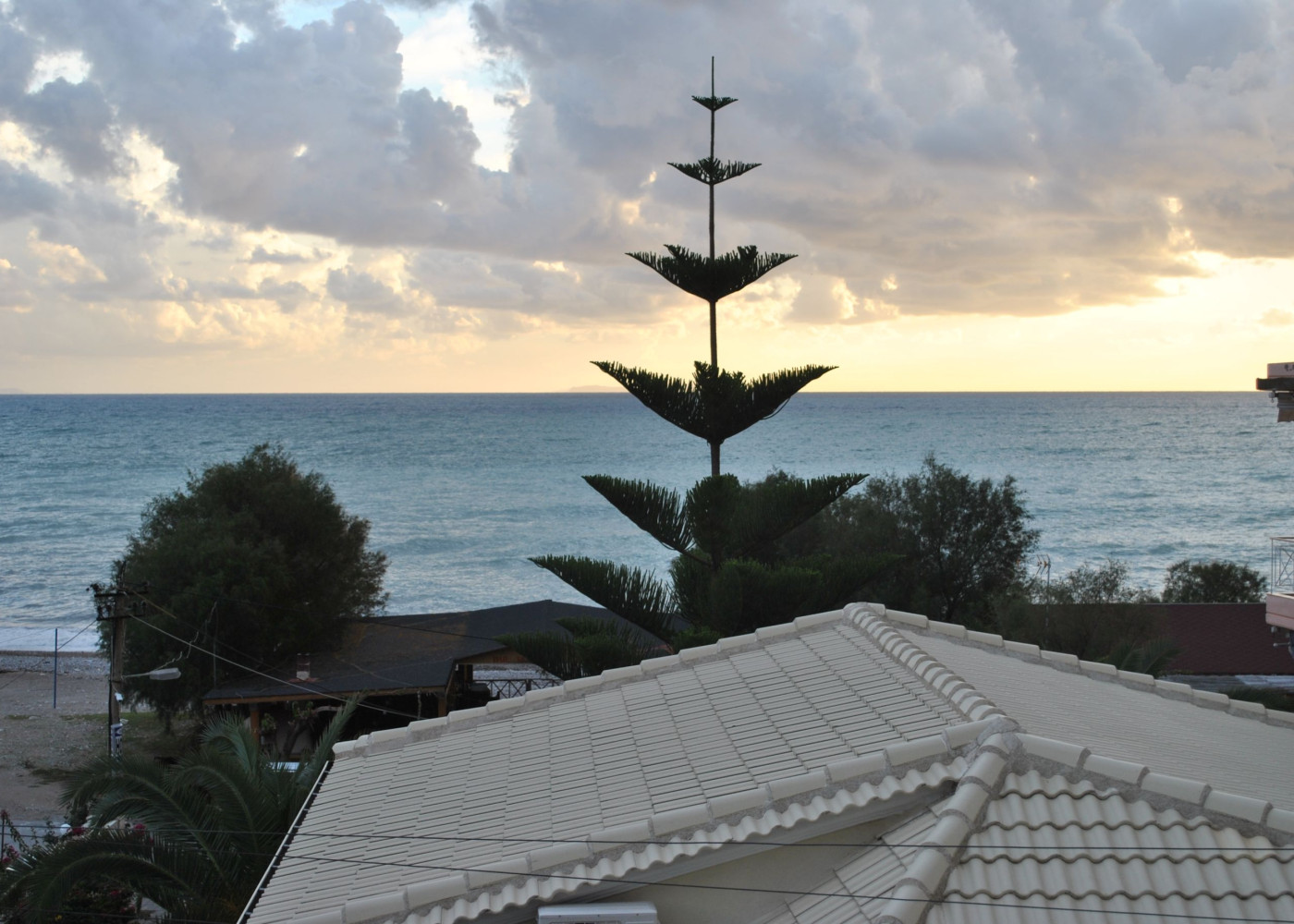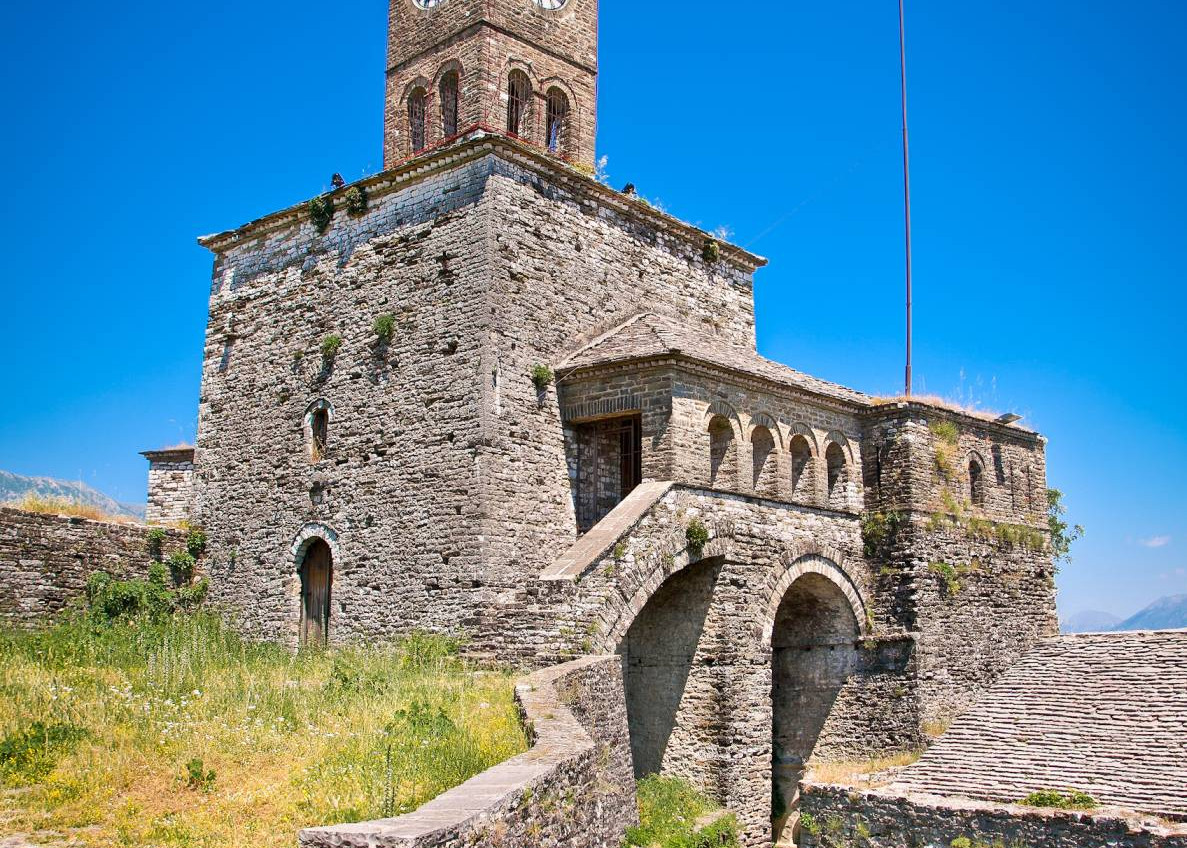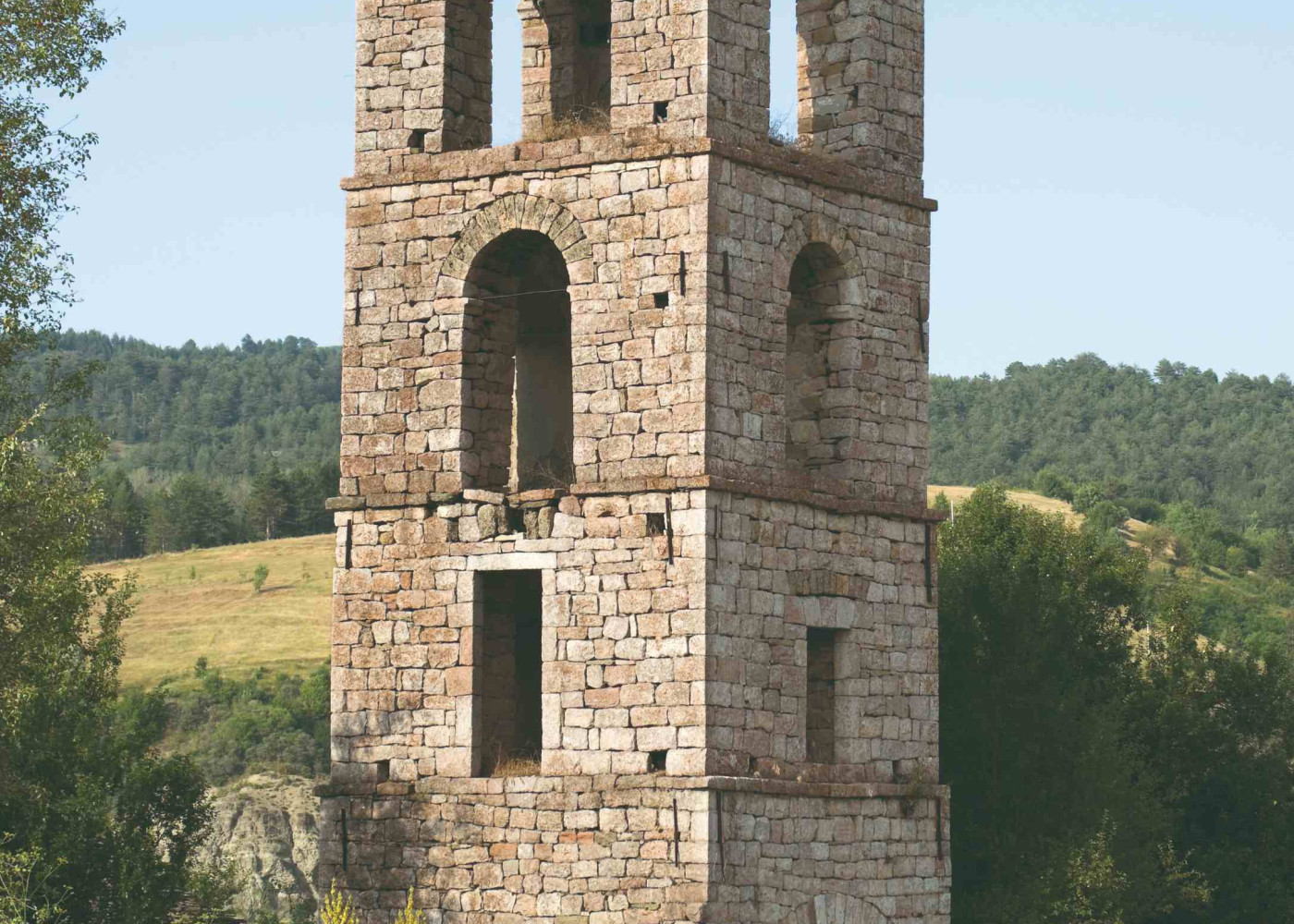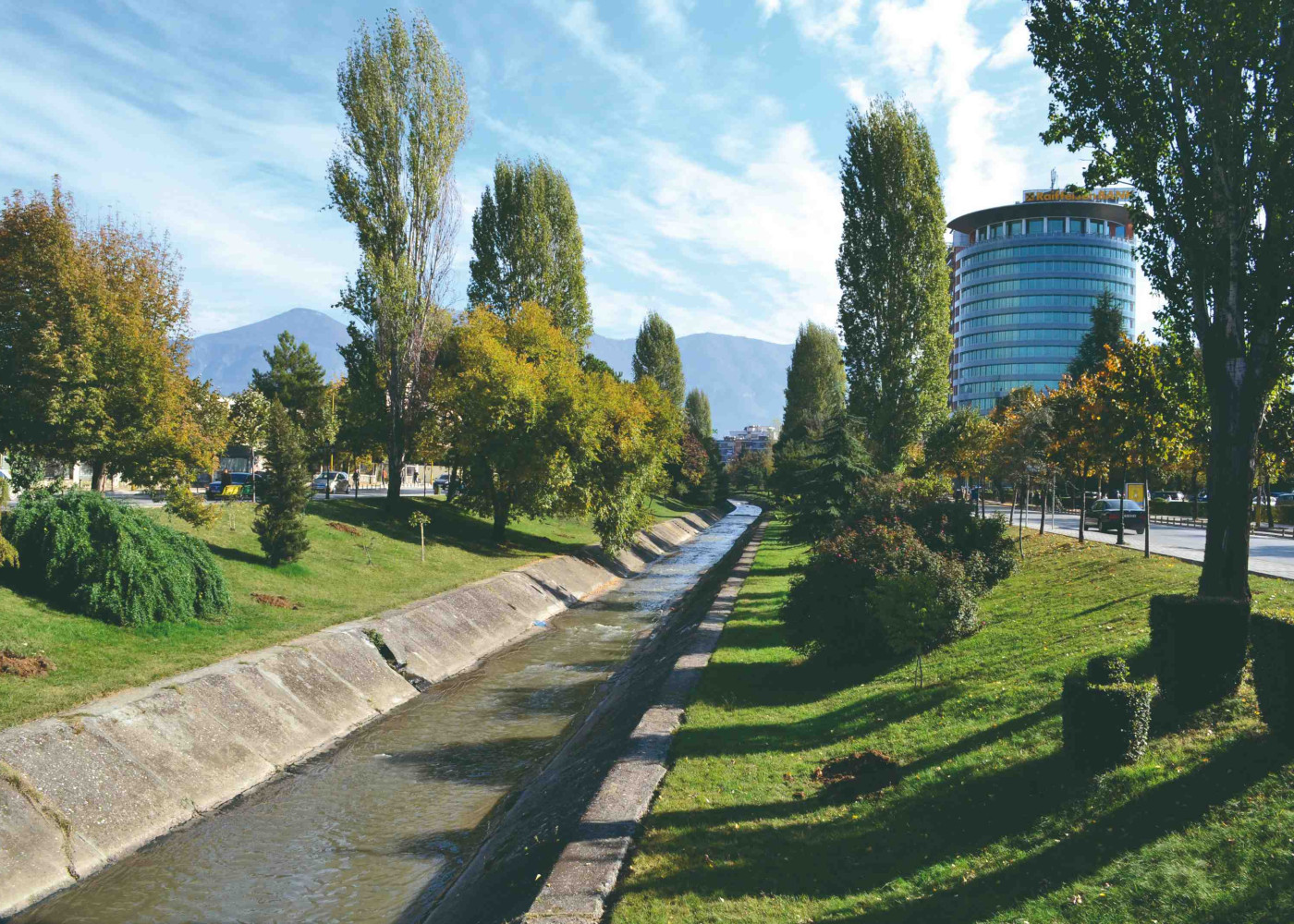Illyria Route - (Depuis Tirana)
Albanie, discover this 7-day trip
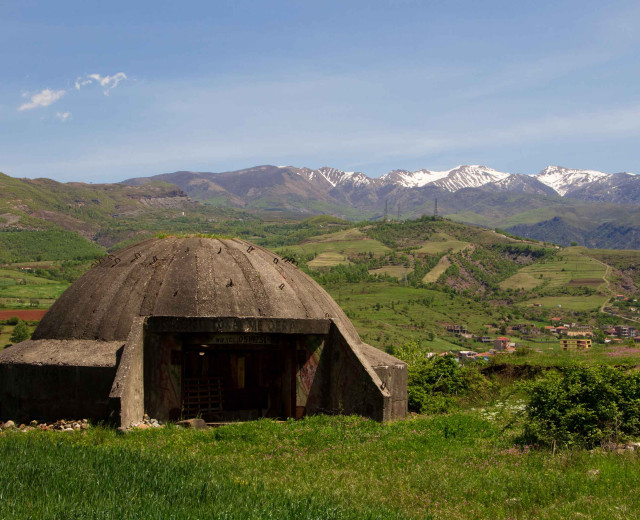
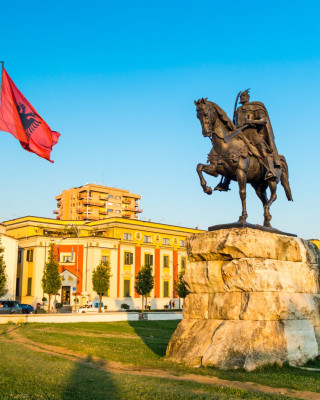
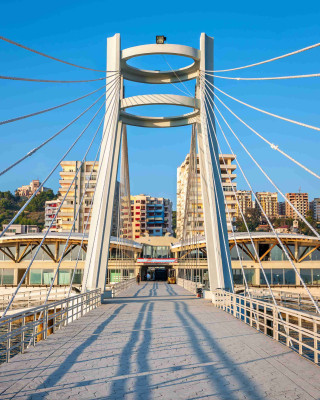
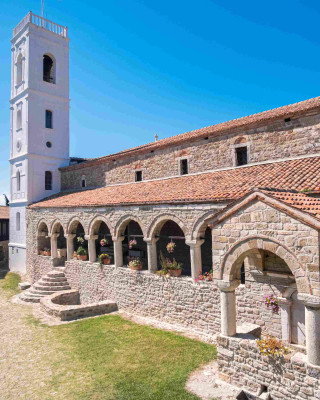
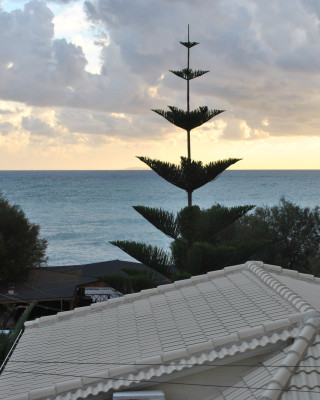
Trip Description
Accomodation
Stay program
day 1:
Tirana - Kruje - Lezhe - ShkoderAprès le petit-déjeuner, nous partons pour Kruje. Nous visiterons la ville médiévale de Kruja (visite du château et de l'impressionnant musée Skanderbeg, musée ethnographique et shopping dans le vieux bazar, mosquées depuis l'époque ottomane). Ensuite, le prochain arrêt sera dans la ville de Lezha. Dans l'ancienne période, elle s'appelait Lissus. Visite du Mausolée de Skanderbeg (Héros national albanais). Pause déjeuner. Ensuite, nous continuerons vers Shkodra. Un beau paysage avec des hautes terres (Alpes albanaises au nord) sont un contraste complet. Visite de la ville de Shkodra, du vieux bazar, du centre ville, de la cathédrale et de la mosquée. Visite du château de Rozafa et du musée à l'intérieur et nous profitons d'une vue magnifique sur les montagnes, le lac de Shkodra, les rivières Drini, Buna et Kir avec les vallées environnantes depuis le sommet du château de Rozafa, et "Ura e Mesit'' sur la rivière Kir. Dîner à l'hôtel. Nuit à Shkoder, hôtel Tradita 3*, ou similaire. (B)
day 2:
Durres - Berat (UNESCO)Après le petit-déjeuner, nous partons pour Durres. Durres est la deuxième plus grande ville d'Albanie. Durres est l'une des plus anciennes villes du pays. La légende dit qu'elle a été fondée par Epidamnos, le roi illyrien de la région, qui l'a appelée de son propre nom et a baptisé la zone portuaire du nom de son petit-fils, Dyrrah. Ce fut pendant des siècles le plus grand port de l'Adriatique et le point de départ de la Via Egnatia vers Constantinople. Nous visitons l'amphithéâtre romain et le musée archéologique, situé près de la mer et riche en objets excavés à Durres. Continuation vers Berat, une des plus anciennes régions habitées d'Albanie, vieille de plus de 2400 ans, et avec un statut spécial de l'UNESCO. Visite de son château de Berat avec le musée Onufri et d'autres églises à l'intérieur ; la mosquée de Berat et le vieux pont de Gorica, le musée Onufri et plusieurs églises et mosquées. Onufri était un maître peintre albanais du 16ème siècle. Un grand nombre de ses icônes merveilleusement peintes sont encore conservées au musée, tandis que d'autres se trouvent dans les églises d'Albanie et de Grèce où il a travaillé. Dîner dans un restaurant traditionnel (Mangalemi). Nuit à Berat, Hôtel Mangalemi 3*, ou similaire. (B)
day 3:
Ardenica Monastery - Apollonia - VloreAprès le petit-déjeuner, nous continuerons vers le monastère d'Ardenica. Le monastère d'Ardenica est connu comme le lieu où notre Gjergj Kastriori Skanderbeg national s'est marié avec la princesse Andronika Arianiti. Il s'agit d'une structure byzantine occupant une superficie d'environ 2 500 m². Ce monument est composé de l'église Sainte-Marie, de la chapelle Sainte-Triade, du konake, du moulin à huile, du four et de l'étable. Nous poursuivons la visite à Apollonia, fondée en 588 avant J.-C. et prise par Aristote comme modèle dans son analyse de l'oligarchie, en raison de ses communautés illyrienne et grecque distinctes et séparées. C'était un bastion vital dans la guerre civile de César avec Pompée et également important dans l'histoire du début du christianisme, son évêque ayant participé aux conciles d'Ephèse et de Chlalkis en 431 et 451 après JC. Nous visiterons son musée, le monastère et l'église de Shen Meri. Ensuite, départ pour la ville côtière de Vlora. Vlora est la ville où l'indépendance de l'Albanie vis-à-vis des Ottomans a été proclamée le 28 novembre 1912. Visite du Musée de l'Indépendance. Dîner et nuit à l'hôtel Partner 4*, ou similaire. (B)
day 4:
Llogara National Park - Himare - Saranda - Butrint (UNESCO).Après le petit-déjeuner, nous continuerons vers le sud de l'Albanie, en faisant le premier arrêt au parc national de Llogara et en profitant des vues spectaculaires sur les montagnes et la Riviera albanaise. Arrêt dans les villages balnéaires de Palase, Dhermi, Himara (visite de son château du 4è siècle avant J.-C. et de l'église byzantine à l'intérieur), Borsh, et le château d'Ali Pashe Tepelena. Arrivée à Sarande. Visite des ruines de la cité antique de Butrint, le site archéologique le plus important d'Albanie, inscrit sur la liste du patrimoine de l'UNESCO depuis . Butrint date du 7e siècle avant J.-C., elle est devenue par la suite une colonie romaine, puis est tombée sous l'emprise des Vénitiens et des Turcs. Virgile prétendait que les Troyens s'étaient installés à Butrint, mais aucune preuve n'a encore été trouvée. Un siècle après l'arrivée des Grecs, Butrint était devenue une ville commerciale fortifiée avec sa propre acropole, dont on peut encore visiter les ruines. La ville redécouverte est un microcosme de près de 3 000 ans d'histoire méditerranéenne, et sa fortification du 6e siècle avant J.-C. évoque la puissance militaire de la ville et symbolise la riche culture de la cité antique autrefois florissante. Exploration de l'amphithéâtre, de la tour vénitienne, de la mosaïque, de la porte des lions, etc. Retour pour le logement à l'hôtel. Dîner à la forteresse Lekuresi de Saranda avec une vue magnifique sur la baie de Saranda et l'île de Corfou. Retour à l'hôtel et nuit à Saranda (Brilant Hotel 4*, ou similaire). (B)
day 5:
Finiq - Antigone - Gjirokaster (UNESCO)Le matin, nous continuons vers Gjirokaster. Sur le chemin pour y arriver, il y aura une visite aux ruines de la ville antique de Finiq. Pendant l'Antiquité, le territoire entourant la colonie appartenait à Chaonia, qui faisait partie du royaume d'Épire. Le site est riche en découvertes de la période classique à la période byzantine. Les sources antiques mentionnent la richesse de la ville, surtout pendant la période hellénistique, entre le 3e et le 2e siècle avant J.-C., lorsque Finiq était une ville importante de la Ligue Epirote. Puis continuation vers le parc national "Blue Eye", et pause café. Avant Gjirokaster, la prochaine visite est celle des ruines de la ville antique d'Antigone. Antigone était une ville très éphémère, qui a duré environ 150 ans. Elle a été fondée par l'un des noms les plus célèbres du monde antique, le roi Pyrrhus d'Épire (319-272 av. J.-C.), dont dérive l'expression "une victoire à la Pyrrhus". Au début du IIIe siècle avant J.-C., Pyrrhus est contraint d'aller combattre en Égypte. Ses capacités impressionnent Bérénice, l'épouse du roi Ptolémée d'Égypte, qui décide de lui offrir sa fille, Antigone, en mariage. En signe de gratitude envers sa belle-mère et sa première épouse, Pyrrhus décide de construire Antigone. Arrivée à Gjirokaster, patrimoine de l'UNESCO depuis 2005. Tour de ville, puis visite du château, du musée des armes et hébergement à l'hôtel Gjirokaster 3*, ou similaire. (B)
day 6:
Tepelena - Voskopoje - KorceNous partons vers Tepelene, et nous nous arrêtons au château de Tepelene. Le château de Tepelena a été construit par Ali Pasha à la fin du 18ème siècle de notre ère dans la ville de Tepelena. C'était le deuxième château le plus important pendant son règne, après celui de Ioannina. Nous continuons vers Permet, connu pour sa production de raki et de vin traditionnel. Déjeuner. Pendant que nous voyageons vers Korca, nous profitons des vues magnifiques de la nature environnante. Arrivée à Korca. Visite de l'une des plus anciennes écoles enseignant la langue albanaise établie en Albanie en 1887. La première école de filles du pays a été établie à Korca en 1891. Ensuite, voyage à Voskopoje et visite de ses églises et monastères du 18ème siècle. Voskopojë est un petit village de montagne qui, avec quelques autres établissements locaux, est considéré comme un lieu saint par les chrétiens orthodoxes locaux. C'était l'une des terres d'origine de la diaspora aroumaine. Retour à Korca et nuit. (Hôtel Regency 3*, ou similaire). (B)
day 7:
Elbasan - TiranaDépart pour Pogradec et profitez de la beauté du lac Ohrid. Nous continuons vers Elbasan qui était une ville très importante dans l'ancienne route "Via Egnatia" qui reliait Rome-Naples-Bari-Durres-Elbasan-Ohrid-Thessaloniki-Istanbul. Arrêt pour une visite de la ville : Château d'Elbasan (datant du 4ième siècle avant J.C.), l'horloge, le musée ethnographique, l'église, la vieille mosquée. Nous continuons vers Tirana par une nouvelle route et un tunnel. Après l'arrivée, nous ferons une visite de la ville de Tirana. Située dans une plaine sur le site d'une forteresse byzantine, Tirana est la capitale depuis 1920 (visites de la place Skanderbeg, de la mosquée d'Et'hem Bey (construite en 1824), de la tour de l'horloge (construite en 1822), du musée national (l'immense mosaïque sur la façade représente le développement de l'histoire albanaise, et les étapes de ce développement sont présentées dans des pavillons respectifs), la Galerie d'art nationale, le Musée archéologique (on y présente de nombreuses découvertes archéologiques depuis l'âge de pierre jusqu'au Moyen Âge), le Cimetière des héros nationaux, le Grand Parc et les bâtiments gouvernementaux.) Retour à Tirana pour notre dernière nuit où vous apprécierez un dîner d'adieu avec des plats traditionnels. Nuit à l'hôtel Kruja ou similaire.
- Duration : 7 days
- Price : From €595.00 per person
- Destinations: Albanie
A website by
Customize your trips with Quotatrip and receive tailor-made offers directly in your inbox.
Discover a country
